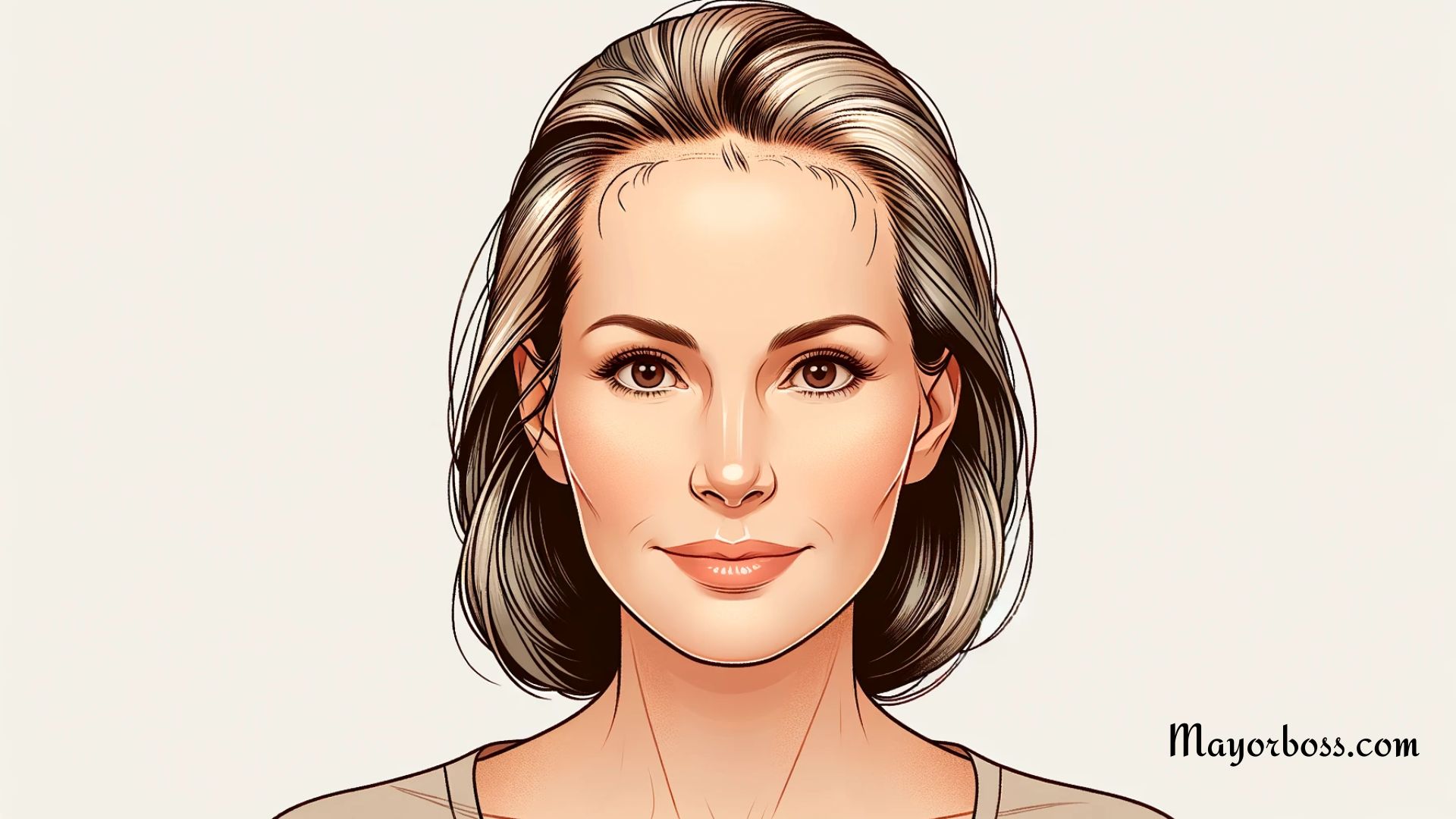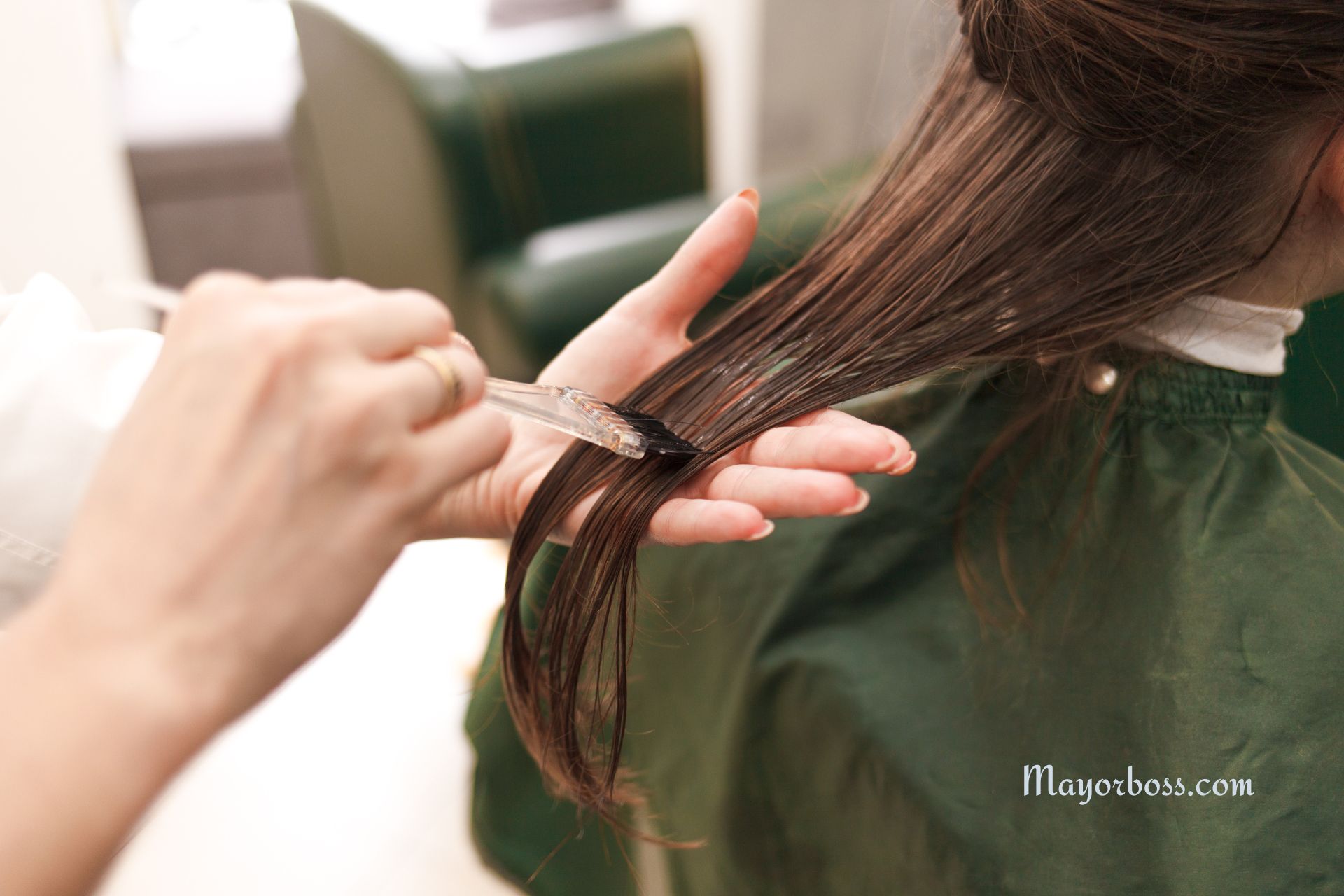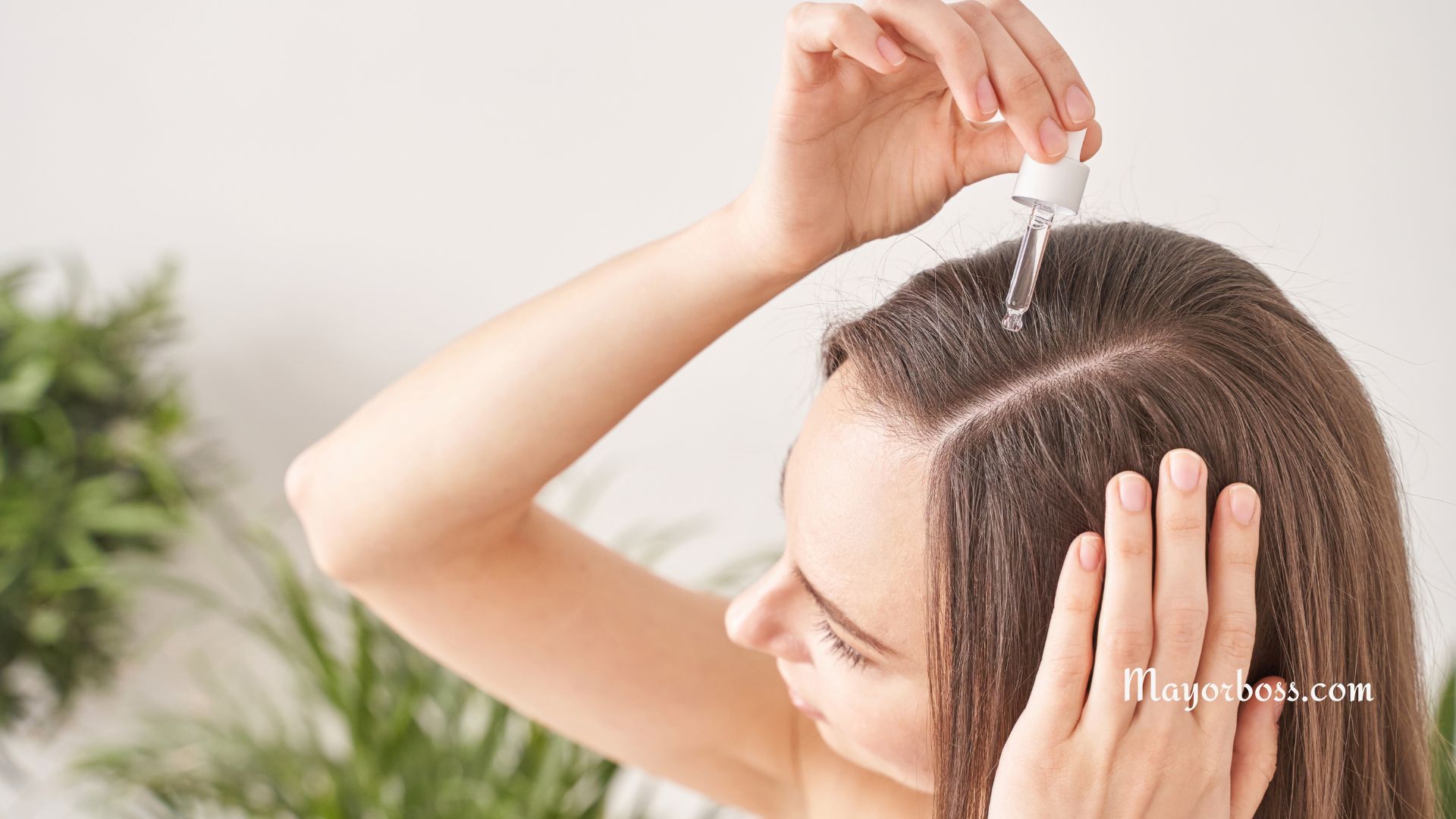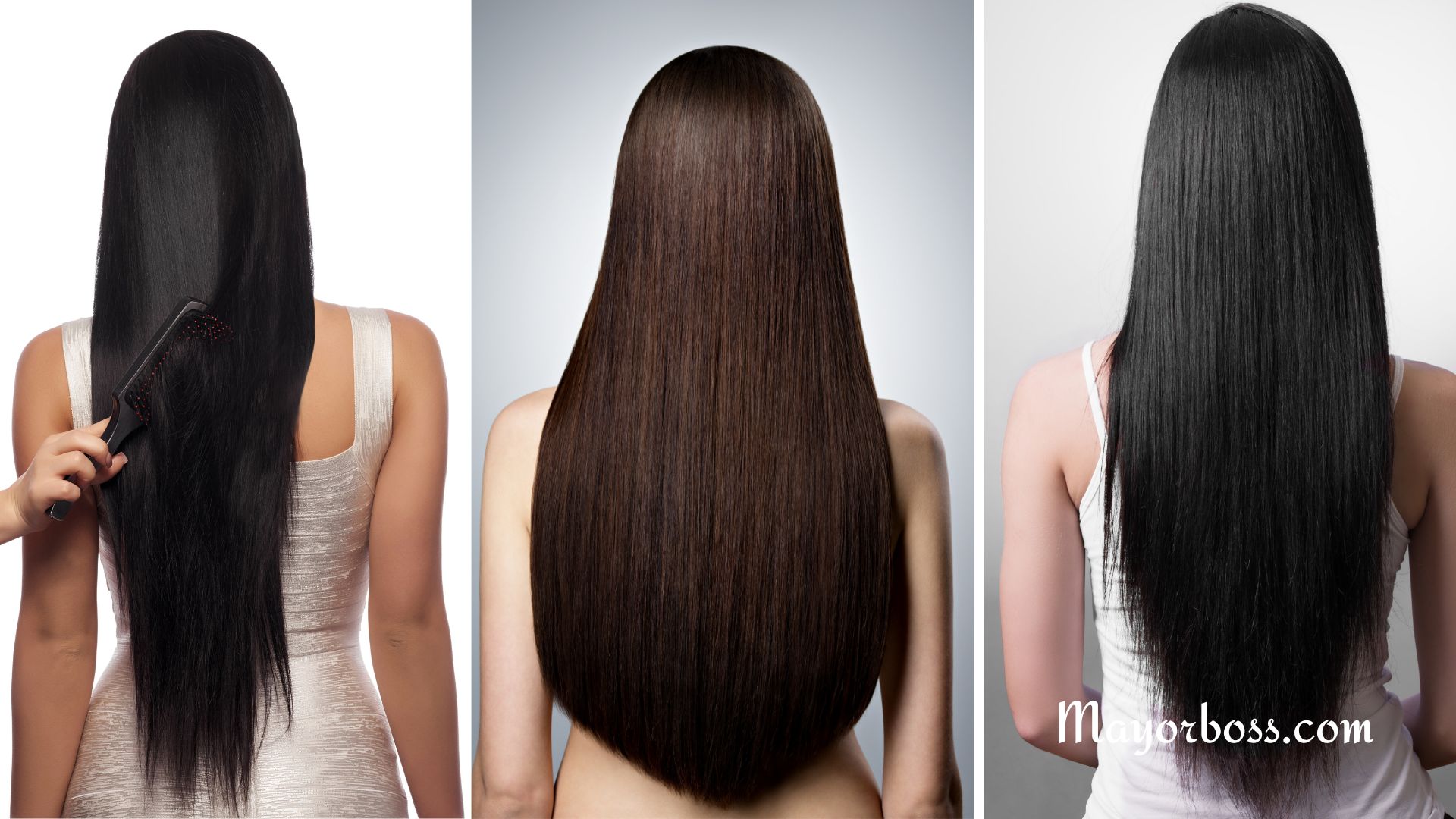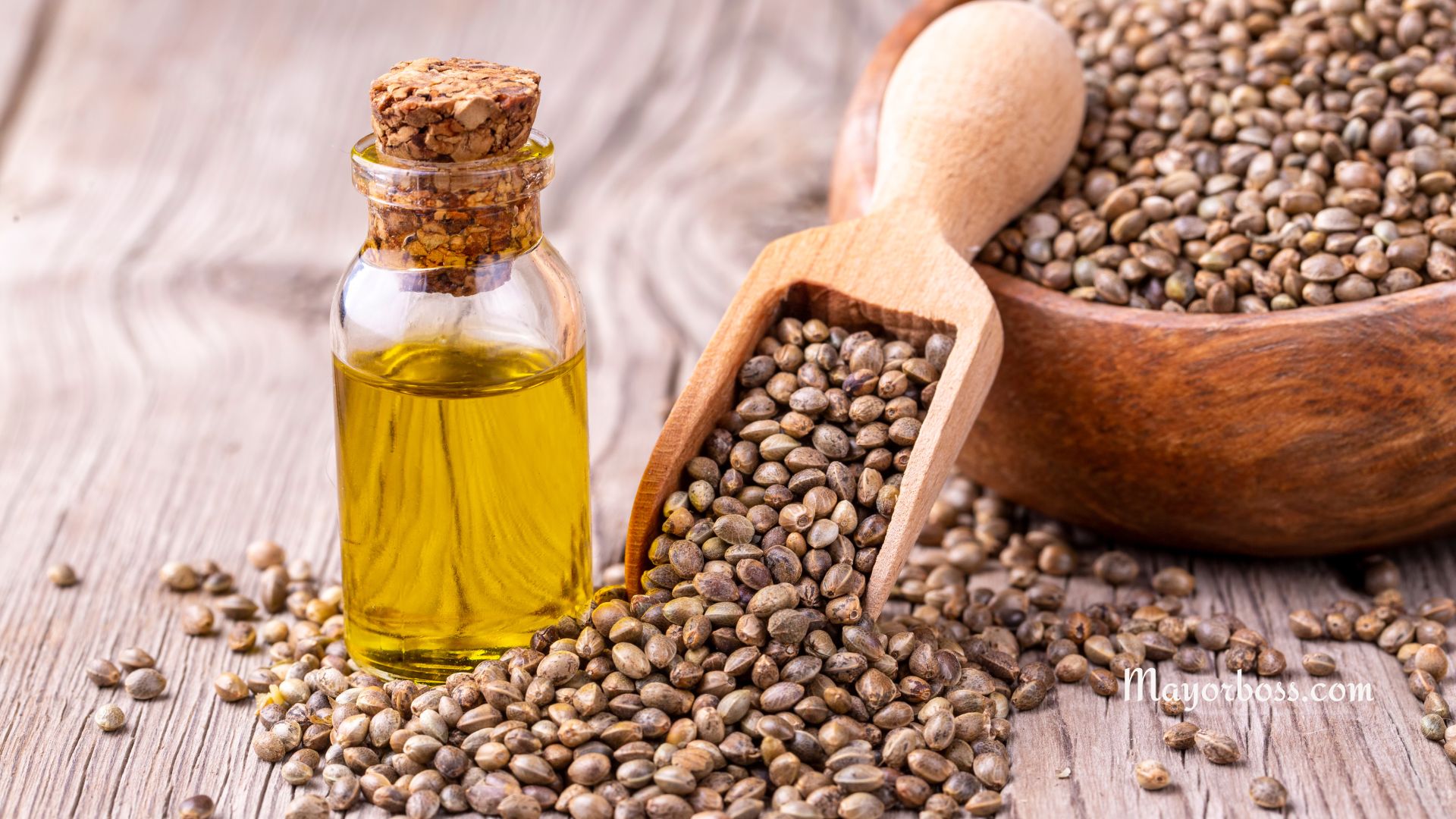7 Remedies That Can Improve Your Hair Loss Naturally
Facing hair loss can be a daunting experience, and understandably, you may be searching for natural solutions. You’re not alone. Numerous people worldwide face this predicament and seek natural remedies to combat the issue. As a result, we’re here to assist you. We present seven natural remedies that can potentially help to improve hair loss.
The Key Takeaway
If you’re dealing with hair loss, don’t panic! It may seem intimidating, but natural remedies can help. Our bodies often respond positively to natural ingredients, and our hair is no exception. From dietary changes to essential oils, these remedies can make a significant difference. So, let’s dive in and explore these seven natural solutions together.
Remedies That Can Improve Your Hair Loss Naturally
1. Dietary Changes
A balanced diet is the first step to a healthier lifestyle, and it’s no different for hair health. When you’re considering the matter of hair loss, diet plays a crucial role. As it happens, specific nutrients contribute to hair strength and growth.
Proteins and Omega-3 fatty acids
Proteins are integral for hair health, as hair is primarily made of protein. Foods rich in proteins—like eggs, lean meats, and dairy products—may contribute to stronger hair.
On the other hand, omega-3 fatty acids, found in abundance in fish like salmon and mackerel, are essential for scalp health. A deficiency in these nutrients can lead to a dry scalp and dull hair.
Vitamins and Minerals
Vitamins and minerals like iron, vitamin D, B vitamins, and zinc also play a crucial role in hair health. Indeed, iron aids in the production of hair cell protein, whereas vitamin D may create new hair follicles.
B vitamins help carry oxygen and nutrients to the scalp, promoting hair growth. Zinc, too, plays a part, as it helps hair tissue grow and repair.
Therefore, it’s crucial to incorporate foods rich in these nutrients into your diet.
Here’s a table summarizing the essential vitamins and minerals for hair growth and corresponding foods that are high in these nutrients.
| Vitamin/Mineral | Role in Hair Growth | Food Sources |
|---|---|---|
| Vitamin A | It helps in the production of collagen, a protein that strengthens hair. It also helps the body absorb iron, a mineral necessary for hair growth. | Sweet potatoes, carrots, pumpkins, spinach, kale. |
| Vitamin B7 (Biotin) | Necessary for the production of keratin, a hair protein. Biotin deficiencies can lead to thinning of the hair. | Eggs, almonds, cauliflower, cheese, mushrooms, sweet potato, spinach. |
| Vitamin C | It helps in the production of collagen, a protein that strengthens hair. It also helps the body absorb iron, a mineral necessary for hair growth. | Citrus fruits, strawberries, bell peppers, guava. |
| Vitamin D | May help create new hair follicles, the tiny pores in the scalp where new hair can grow. | Fatty fish, like salmon and mackerel, fortified dairy products, orange juice, soymilk, and cereals, cheese, egg yolks. |
| Vitamin E | It helps red blood cells carry oxygen to your cells, which includes hair follicles. Deficiency can lead to hair loss. | Sunflower seeds, almonds, spinach, avocados. |
| Iron | Helps red blood cells carry oxygen to your cells, which includes hair follicles. Deficiency can lead to hair loss. | Clams, oysters, eggs, red meat, spinach, lentils. |
| Zinc | Plays a critical part in hair tissue growth and repair. It even assists in keeping the oil glands around the follicles functioning perfectly. | Oysters, beef, spinach, wheat germ, pumpkin seeds, lentils. |
| Protein | Helps in the production of collagen, a protein that strengthens hair. It also helps the body absorb iron, a mineral necessary for hair growth. | Chicken, turkey, fish, dairy products, eggs, legumes, quinoa. |
2. Scalp Massage
A simple and effective solution for hair loss is scalp massages. Research suggests that massaging your scalp regularly can stimulate hair growth and thickness by increasing blood flow to the hair follicles. But how do you do it?
Start by applying a small amount of natural oil, such as coconut or jojoba oil, to your fingertips. Then, use circular motions to gently massage your entire scalp for at least five minutes. Do this daily for the best results. Eventually, you may notice an improvement in the thickness and volume of your hair.
3. Aloe Vera
You might be surprised to learn that aloe vera is not just for soothing sunburns. It also helps with hair loss. Applying aloe vera gel to your scalp and hair can help maintain the pH balance and promote hair growth.
4. Green Tea
Most people enjoy a hot cup of green tea for its taste and health benefits, but it also helps with hair loss. The epigallocatechin gallate (EGCG) in green tea may help to prevent hair loss and even encourage hair growth. You can apply cooled green tea directly to your scalp, let it sit for an hour, and then rinse it off.
5. Essential Oils
For centuries, people have turned to essential oils for a variety of health concerns, including hair loss. Rosemary oil, for example, may stimulate hair growth. Similarly, lavender and peppermint oils can also encourage hair health. However, remember, these oils must always be diluted with a carrier oil before applying them to your scalp.
6. Onion Juice
You may raise your eyebrows at this remedy, but research suggests that onion juice could aid hair growth. Before you dismiss it, remember that it’s a natural solution with potential benefits. Onion juice improves blood circulation to the hair follicles, reduces inflammation, and has antibacterial properties. Although it may not have the most pleasant scent, the benefits are worth a try.
7. Yoga and Meditation
Believe it or not, stress can contribute significantly to hair loss. Therefore, it’s essential to incorporate stress-reducing activities into your routine. Practices like yoga and meditation can help manage your stress levels, leading to healthier hair.
In conclusion
These seven natural remedies can potentially improve hair loss. Remember, however, that patience is key—don’t expect immediate results. Furthermore, it’s always best to consult with a healthcare professional before trying any new remedies. After all, hair loss can sometimes indicate underlying health conditions. So, take care of your overall health, and your hair will thank you for it.

